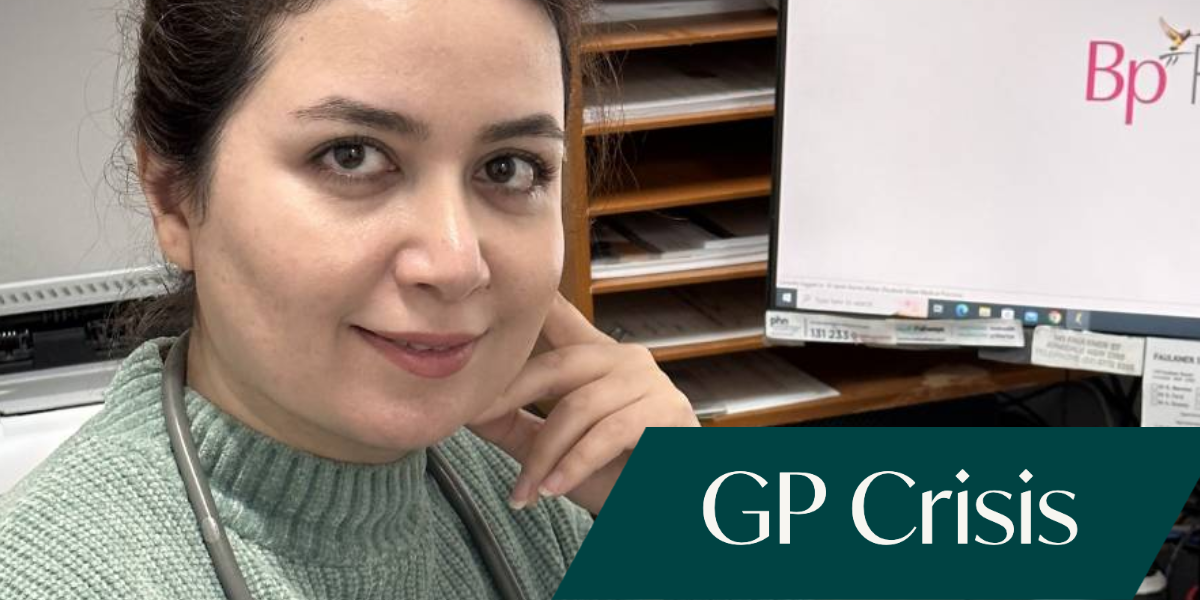The arrival of a new GP has allowed the Faulkner Street Medical Centre to reopen its books to new patients after one of its doctors left last year.
Dr Sareh Karimi-Afshar moved to Armidale from Iran with her husband in March and started working at the practice in April bringing its total number of GPs to nine. It is her first experience working and living in a regional area.
“It is really good to be able to bring someone into the area to fill a gap which is much needed. Because we now have Dr Sareh here as well, we can start taking on new patients,” Practice Manager, Mahalia Williams said.
The practice was able to secure the new doctor with the help of a bush grant from the Hunter New England and Central Coast Primary Health Network (HNECC PHN).
“It is quite a lengthy process to bring a doctor in from overseas, there are various expenses that go with it that some practices may or may not be able to bear the weight of,” Williams said.
HNECC PHN Chief Executive Officer, Richard Nankervis says the program is a result of a collaboration with general practice across the region to develop initiatives to curb the shortage of GPs.
“The grant funding is one of a number of ongoing initiatives aiming to increase our medical and health professional workforce,” Nankervis says.
But the town is still struggling to retain doctors. A least 10 GPs have left Armidale since the start of the year due to retirement and relocation. Many practices are unable to accept new patients and for those that do there is at least a three week wait for an appointment.
A local 70-year-old women who preferred not to be named over fears she will jeopardise her future care told the New England Times some of the elderly community fear getting sick.
“I just can’t believe it has gone down so much in the last year. Some residents just don’t know where to go,” she says.
This week, six GP practices have been allocated grants of between $25,000 and $50,000 as part of the Strengthening Medicare Grants Program which has been rolled throughout the HNECC PHN.
The one-off payments can be used for investments in innovation, training, equipment, and minor capital works, to enhance digital capabilities, upgrade infection prevention or achieve accreditation.
Like what you’re reading? Support The New England Times by making a small donation today and help us keep delivering local news paywall-free. Donate now

